The Whip is a provocative new play which tells the story of the multi-billion pound pay off to British slave-owners to appease them for the abolishment of slavery as part of the 1833 Slavery abolition act, which secured the freedom of over 800,000 Caribbean slaves. We speak to one of the lead actresses of The Whip, Debbie Korley, to learn more about the play and her thoughts on playing such an iconic character.
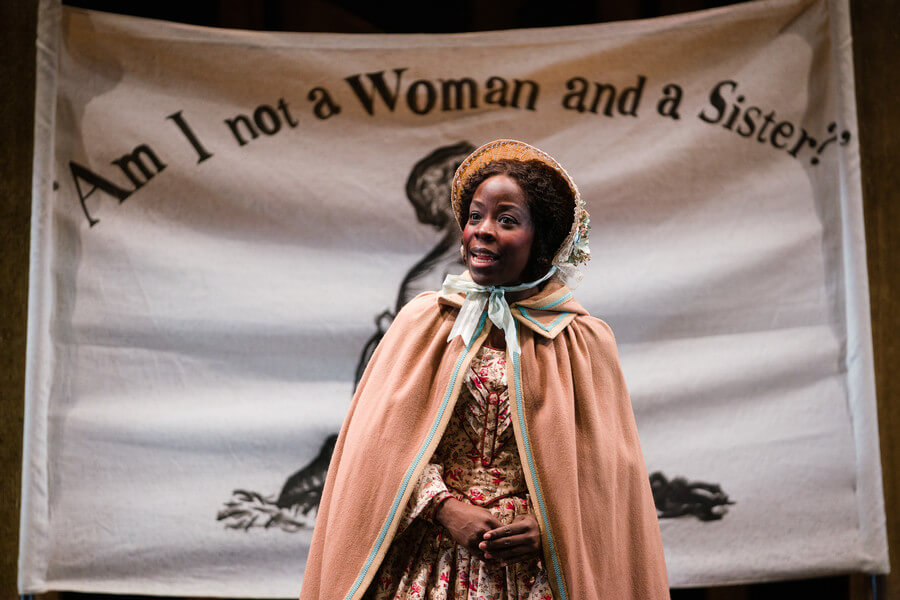
The Royal Shakespeare Company (RSC) production The Whip, written by Juliet Gilkes Romero, puts the spotlight on the multi-billion-pound compensation payment, which was in fact only paid off in February 2015 – 182 years later. It’s no secret that the process of compensation created a nearly complete census of British slavery; David Cameron’s ancestors, for example, were just one of the wealthy families who benefitted from these generous reparation payments.
This important time in history is captured in The Whip, which follows the story of two very different woman; emancipated slave and abolitionist Mercy Pryce and Horatia, a former cotton worker from the industrial North of England, who forge an unlikely union and fight their way to the seat of political influence, challenging Members of Parliament who dare deny them their say.
RSC rising star Debbie Korley plays the role of Mercy, whose character takes inspiration from the real-life figure of Mary Prince who was a British abolitionist and biographer – very much the Harriet Tubman of the UK abolitionist movement. Not only was Mary Prince the author of the first account of the life of a Black woman to be published in the United Kingdom, she was also the first woman to present an anti-slavery petition to Parliament full stop.
No doubt a tantalising role to fulfil for the actress whose previous credits at the RSC include Tamburlaine, Timon of Athens, The Comedy of Errors, King Lear and – most recently A Museum in Baghdad, currently playing in The Swan Theatre until February.
We recently caught up with Debbie to bring you this exclusive interview ahead of her performance as Mercy, exploring how she got into acting, what the role of Mercy means to her, the political and historical significance of the play and so much more.
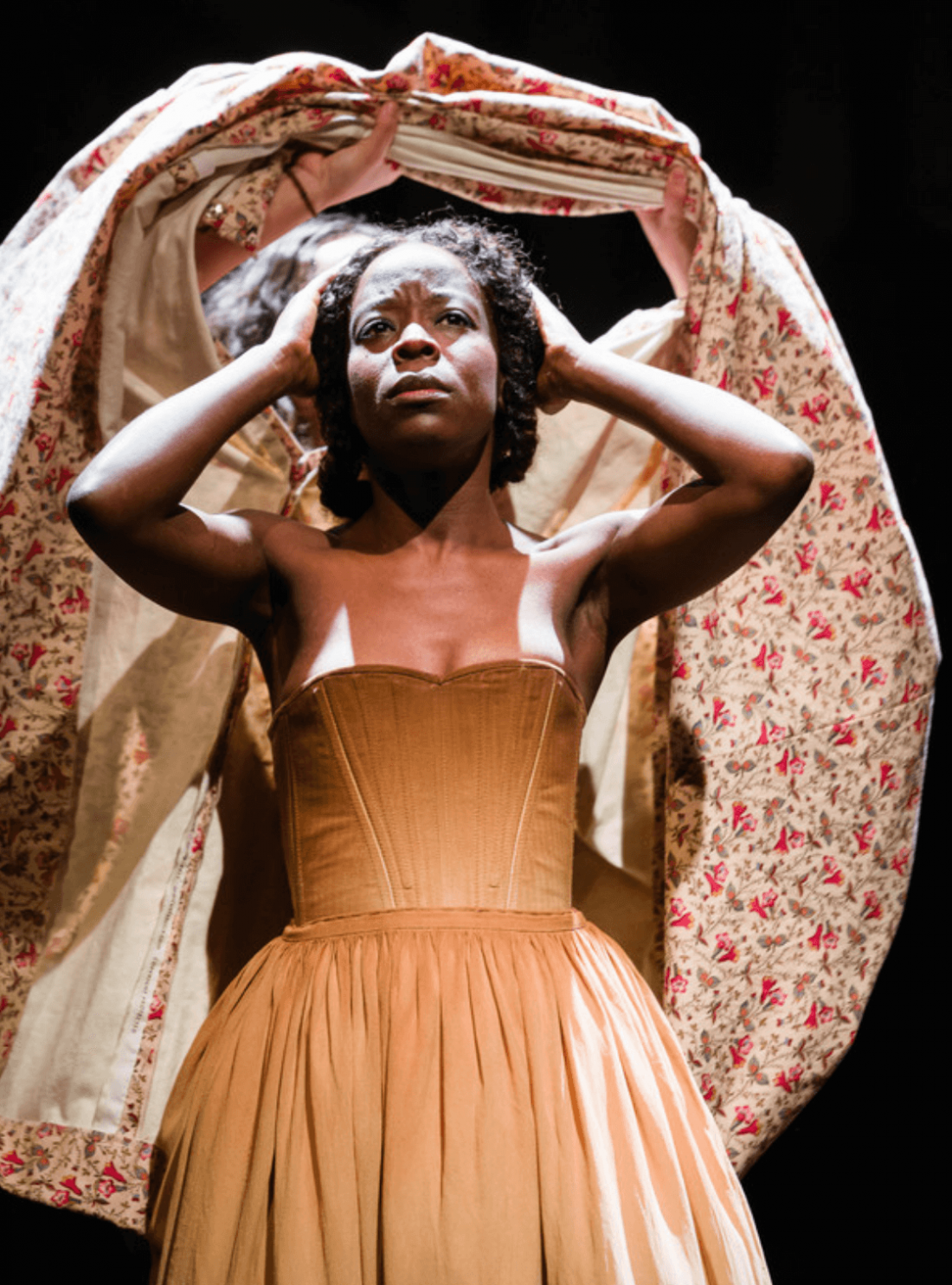
How did you know that you wanted to be an actress?
When I was in primary school, my school was really into nativity plays and musicals and I enjoyed getting involved with that. I then moved to London and my mum sent me and my sister to a Saturday theatre school. I just really enjoyed performing arts and I decided it was something that I wanted to pursue.
“It’s really nice that they’ve commissioned this piece using Juliet’s voice because its been so long since we’ve had another Black female playwright…”
What acting training did you undergo?
I didn’t go to a formal drama school; I went to Middlesex University and I studied performing acts there. Middlesex University had really good acting courses and staff that came directly from theatre to teach us. They were the ones to champion me. There were the normal ups and downs while I was there, but in my third year I had a lot of support from people and I thought I’d like to take it up for sure. It’s really difficult to pursue a career for some actors when you haven’t had formal training. It did take a lot of work to get agents interested in me as I had to use a very different route. But what’s been lovely about my career path is the fact that I’ve gone from a grassroots level and I’ve just slowly worked my way up over the years.
What acting roles or TV productions might our readers have seen you in?
Well, the last bit of TV I did was a Sky programme, back in 2017 called Delicious, starring Dawn French and Emilia Fox. It’s set in Cornwall in a really beautiful hotel and it’s based around the politics of a hotel. In 2018 I was with the RSC; I did Tamburlaine and Timon of Athens. But also, in 2018 I was part of the BBC Radio Repertory Company. Then I went straight back into the RSC with the season I’m doing now. It’s been great, I’m doing The Museum in Baghdad and The Whip. What’s lovely about that is The Museum in Baghdad is going to London. That piece was written by Hannah Khalil who is a mixed raced Irish Palestinian writer. And then, of course, we have Juliet Gilkes Romero who’s a Black female playwright. It’s been really exciting being part of this season, it’s the first time I’ve not done classical at the RSC. It’s really a big deal!
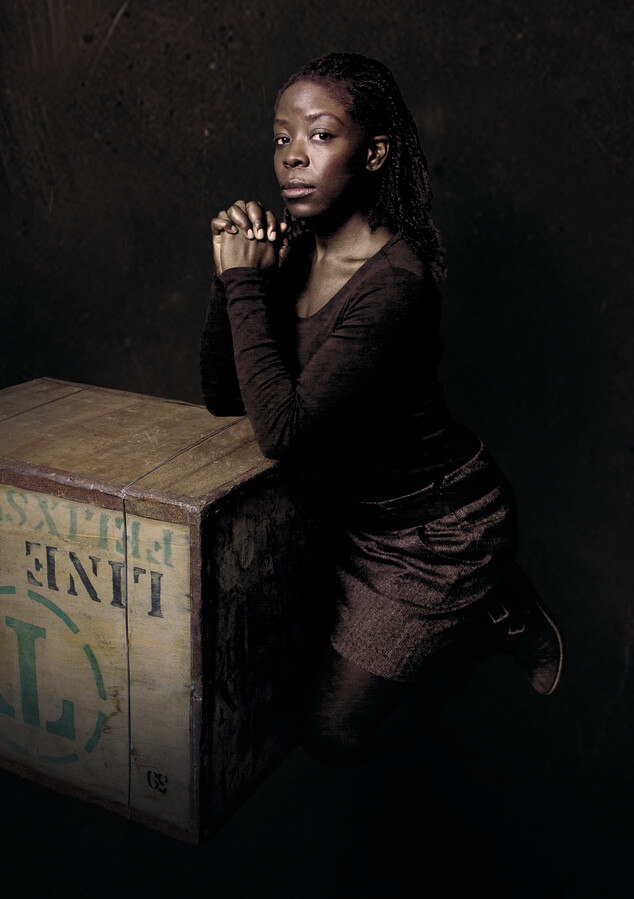
What’s the significance of The Whip showing at RSC?
It’s wonderful that the RSC has taken a risk on The Whip as it’s so different from what they usually do. It’s really nice that they’ve commissioned this piece using Juliet’s voice because its been so long since we’ve had another Black female playwright, I think it was Demi Tucker Green back in 2005 when she did Trade. For me being a Black female actor; its huge! To be able to come here and do Juliet’s piece and play one of the leads, it’s such a blessing.
“Sadly, I think when you’re a woman the dimension of fetishism is stronger. If you’re a Black man, the gaze is different than if you’re a Black woman.”
What does the role of Mercy mean to you and how are you preparing for it?
The role of Mercy to me kind of means everything! It’s a character that is very complex, very nuanced, layered and she’s massively flawed. She’s got this kind of facade about her; she comes across as very prim and proper. I just keep reminding myself, this play is focused on 1833 London.
So many people are looking to you, things are getting better, but it is few and far between. I feel like it’s kind of like an ambassadorial role as well, it’s important everything is conducted well.
The research that’s gone into Mercy has been massive, we’ve gone to the House of Commons. I’ve done a lot of research on Mary Prince (the real historical figure Mercy is based on), who was an abolitionist and runaway slave that lived in Britain during that period. Mary Prince has a memoir, so I read about her life and the horrendous things that happened to her during this era. Sadly, I think when you’re a woman the dimension of fetishism is stronger. If you’re a Black man, the gaze is different than if you’re a Black woman. So, what I’ve been doing is trying to really think about what that meant at the time and how women would portray themselves in society within certain spaces.
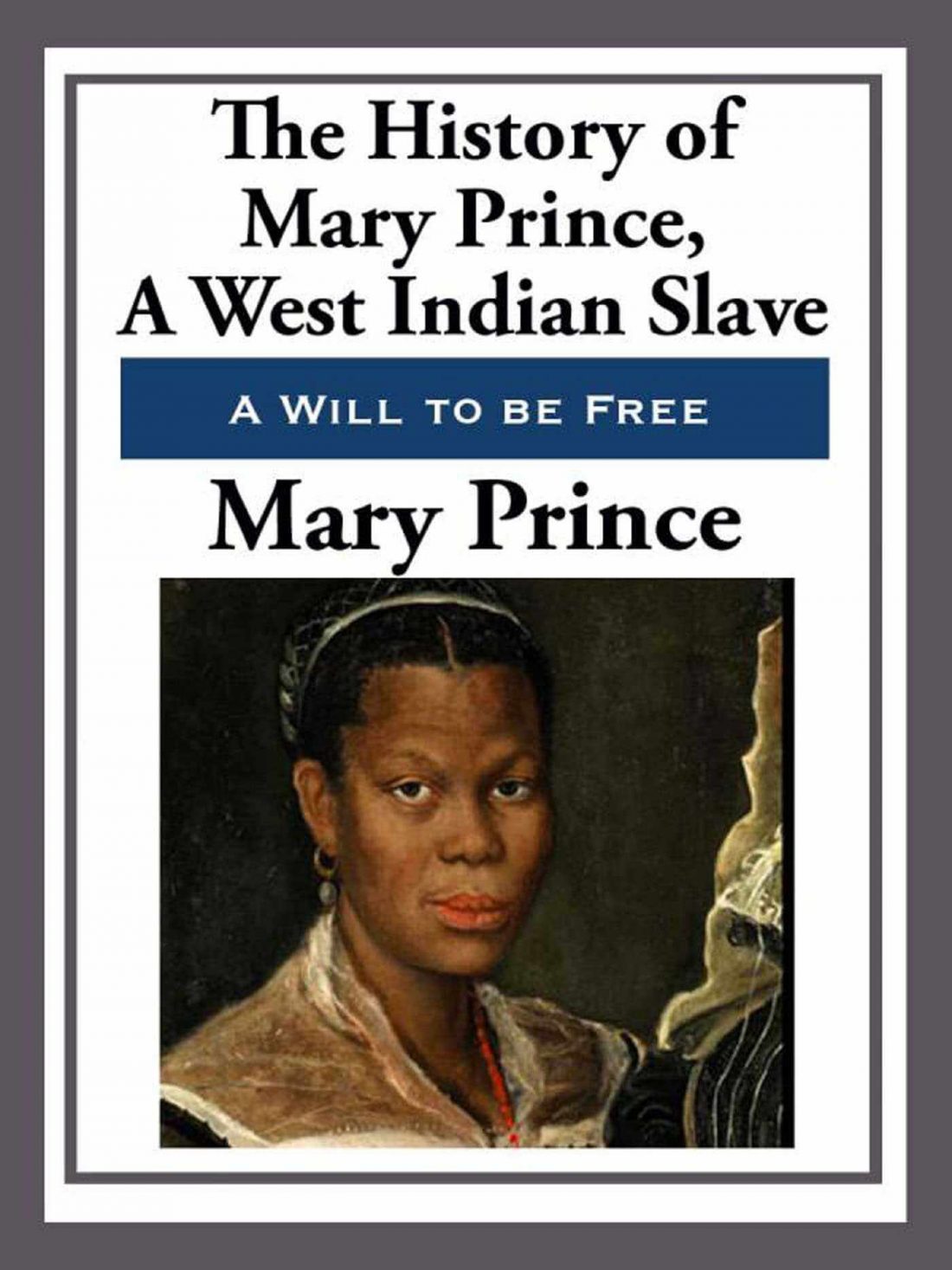
These were people who were standing there trying to abolish slavery when their voices were so minimised. The power and strength and the tenacity they must have had is mind-blowing. It’s been phenomenal to read about how strong these people were. Now, we take things for granted, now we have people pioneering and standing together to fight. But back then, you really were the minority fighting a cause on your own, I found it mind-boggling.
It’s a true gift that Juliet has given me because these types of roles don’t come around often. So, when they do, it’s a case of grabbing it with both hands. Mercy belongs in popular culture; I see the character as a heroine and superhuman.
“She provided the foundation! I’m hoping people will come and support the piece.”
Would you agree that your character “Mercy” is described as the UK version of Harriet?
Oh, for sure! When I read up about Mary Prince, she opened up a portal. She was the first Black woman to acquire a massive petition and take that to parliament. And to step inside a space like that as a Black woman, I can’t even imagine! When I went to the Houses of Commons myself to do the research. I stepped into all of those rooms, all I kept thinking was how did she feel? Particularly in that time, stepping into those spaces. Those spaces that have always remained closed. I just really admire her, everything she represents and the bravery to go there with all the names and signatures. And to say we have to do something about this. She provided the foundation! I’m hoping people will come and support the piece.
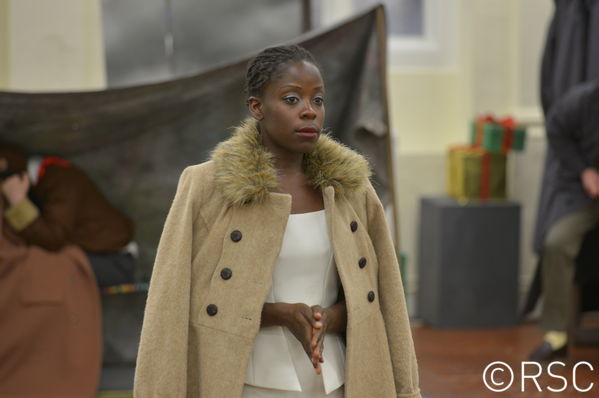
Photo by Hugo Glendinning c RSC
Who inspires you in terms of your career and personally?
Oh, my word! So many people have inspired me over the years, I’m a massive fan of Oprah Winfrey! I love a lot of the actors and singers who are flying the flag and have a phenomenal presence. From Viola Davis to Angela Basset, Beyoncé, and Whitney Huston. In my personal life, I’m inspired by my mum, my cousins and all the female people in my family, they have been a massive inspiration. The struggle is real, and they’re still standing. That’s huge! I’m blessed, I have these people around me that just keep me going when things are tough.
One of my other inspirations has to be Juliet Gilkes Romero because she’s sacrificed a lot by changing career paths and also by not playing things safe. It’s great when people have gumption to do that!
The Whip by Juliet Gilkes Romero is showing at Swan Theatre, Stratford-upon-Avon from Saturday 1 February – Saturday 21 March 2020.
Book your tickets here or call 01789 331111.












